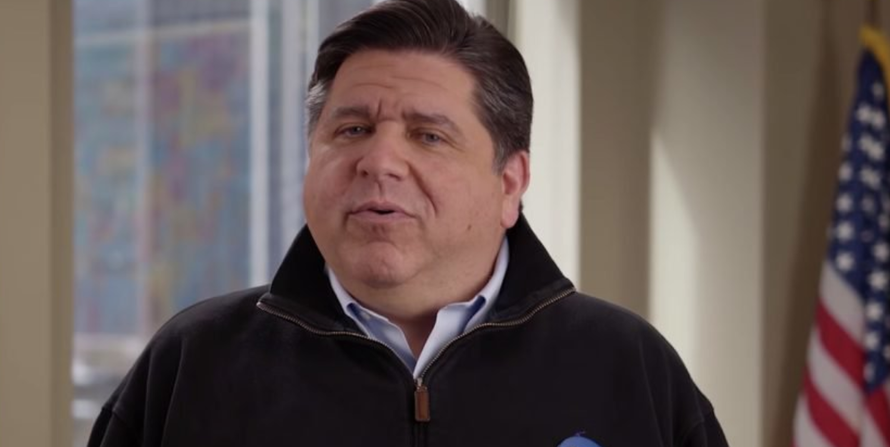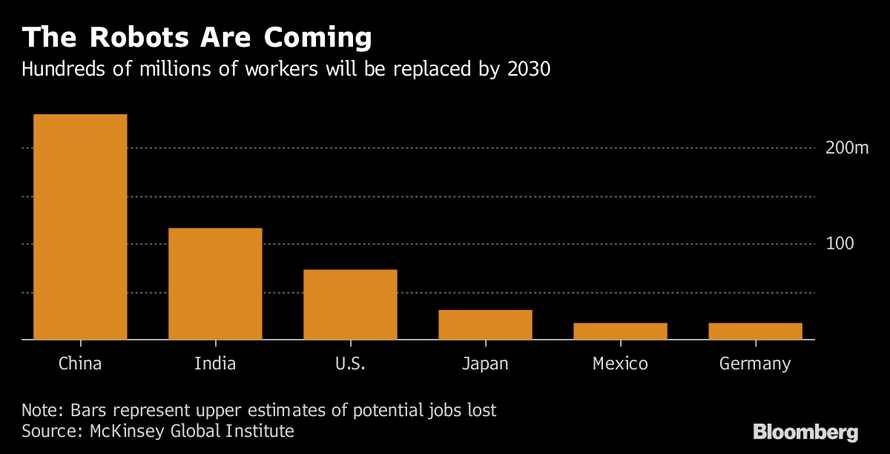As if Illinois sky-high taxes, outsize cost of living and teetering public pension fund weren’t enough reasons for people and business to flee the state (it suffered record population loss in 2018, the fifth straight year of declines), newly inaugurated Democratic Gov. JB Pritzker – heir to the Pritzker fortune – signaled Thursday that he would sign a bill to double Illinois minimum wage from $8.25 to $15 by 2025 after it passed both houses of the state legislature.
As the Daily Caller reported, the bill will raise the state minimum wage incrementally to $9.25 on Jan. 1, 2020, then to $10 an hour the following July, and it will continue to increase by $1 a year until 2025.
JB Pritzker
“Phasing in the minimum wage over the next six years will put $6,300 a year into the pockets of nearly a quarter of our state’s workforce and billions of dollars into local economies in every corner of our state,” Pritzker said in a statement.
Of course, while fighting economic equality sounds like laudable goal, minimum wage hikes ignore the fact that by raising costs, employers will be incentivized to hasten their adoption of automation, which, as McKinsey warned in a study published back in 2017, is expected to kill 800 million jobs by 2030.
Illinois’ wage hikes are among the most extreme being adopted by US states in 2019.
Pritzker’s decision to sign the bill comes after his predecessor, Republican Gov. Bruce Rauner, vetoed a similar proposal back in 2017.
To be sure, Illinois won’t be the first state to reach a $15 minimum wage. That honor will likely go to California, which is expected to adopt a $15 minimum wage in 2022. Massachusetts is set to have a $15 minimum wage in 2023 and New Jersey in 2024. New York’s minimum wage will eventually hit $15 through a series of increases tied to inflation. Cities like New York City and Seattle have already caved to unions demands – pushed by the “Fight for $15” initiative – and hiked minimum wages independently.
In fact, a study of Seattle’s minimum wage hikes found that, contrary to the city council’s stated intentions, the decision to raise wages actually had an adverse impact on the city’s poor by killing thousands of jobs.
via ZeroHedge News https://ift.tt/2V9VTlN Tyler Durden

